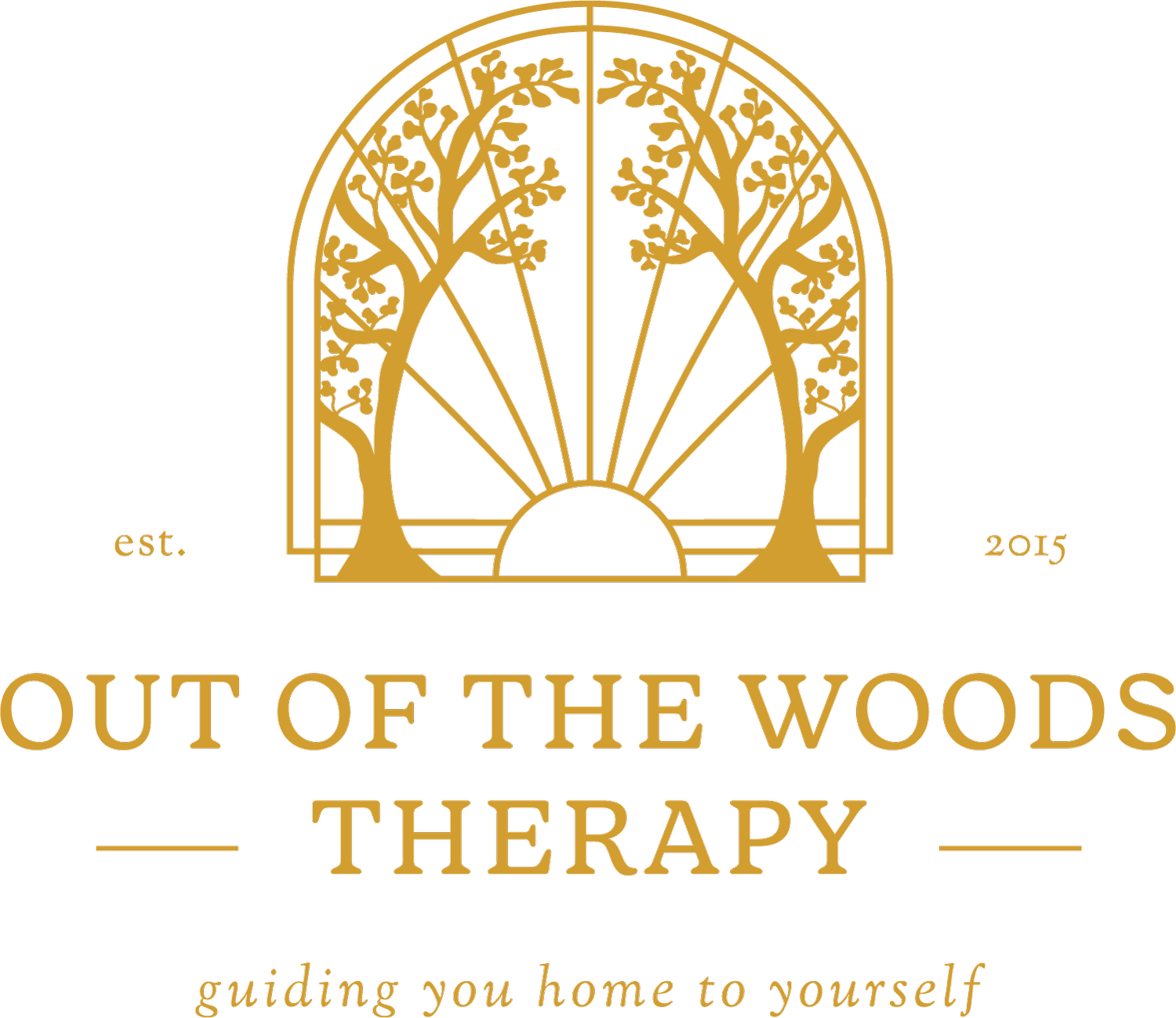There are plenty of tissues to go around in my world.
I had this reputation at the clinic where I practiced as a student therapist…
I was The Cryer.
When I learned that other students were calling me this, I felt immediate shame. As a therapist or as someone in a helping role with other humans, I’m not supposed to cry.
That last statement is total bullshit.
Admittedly, I became somewhat defensive about being known as “The Cryer.” I was quick to point out (a little desperately) that it wasn’t the kind of crying that stops the room and doesn’t turn into sobbing, but rather just some tearing up in the corners of my eyes. I wanted to convince these other students that I’m a good enough therapist.
I realized - eventually - that I didn’t need their approval. All that really mattered was the relationship I had with each client I saw in the therapy room.
I thought I had made peace with my tendency to cry many years prior to this, when I was training to become a rape crisis counselor in 2002 back in New Jersey (yes, The Garden State). During a class, we were shown a graphic rape scene from “The Accused,” a film starring Jodie Foster. I had to leave the room, feeling triggered and emotional. In this situation, I was actually sobbing and expressed concern to the trainer that I wasn’t cut out for this work.
“What if I cry in front of a survivor?” I asked, through heavy tears.
“So what if you do?” she said. “There’s nothing wrong with crying. As long as it doesn’t turn into a situation where THEY are taking care of YOU, I don’t see a problem with showing that you’re having an emotional reaction. You’re a human.”
At that moment, I felt like I had been given permission to have emotions and to accept them. Sometimes the more you fear something, the more it shows up in your face; feelings can be especially tricky in this way.
Many people apologize when they start crying - even when they’re in therapy. The words, “I’m sorry,” come out so quickly, like a reflex, as soon as the tears begin. I know enough to understand that respond with, “Why are you apologizing?” that I might get a sideways glance that says: “Duh! I’m crying…and that’s unacceptable.”
So I typically respond by gently reminding them that it’s ok to cry - especially with me.
I believe that crying is one of the most vulnerable emotional expressions out there and that it is courageous.
I’ve always been the type of person who wears her heart on her sleeve and had been taught most of my life that this is a weakness. I’ve been prone to vulnerability hangovers because I tend to over-share in social situations out of excitement and a deep desire to connect. But when it comes down to it, really, I have learned that vulnerability is one of the things I value most in this world and I am learning more and more to embrace it.
I like being the type of person who runs towards emotions rather than retreat. And since accepting these things about myself, I’ve become more skilled at determining who has earned the gift of me sharing my vulnerabilities and better at pacing the sharing of personal information.
We can deepen our relationships (including the relationship we have with ourselves) by embracing vulnerability. If we learn to value vulnerability more, we become better at recognizing when it’s coming up and choose to treat ourselves and others with care and respect rather than use the vulnerability as a weapon. This practice leads to trust and emotional safety - which is one of the most important components of any healthy relationship.
If you find that you are reluctant to share with others, it might be a good idea to contemplate reasons why you’re feeling that way. If a person has repeatedly expressed poor reactions to your emotions, it’s very hard to feel emotionally safe with that person. If you’ve had poor reactions to your own emotions, it can become increasingly difficult to share them with others.
Brené Brown (shame researcher and author I mentioned in my last blog post) has a lot to say about vulnerability. She addresses myths behind vulnerability and uncovers the truth that expressing vulnerability is actually an act of bravery rather than an indication of weakness. Do yourself a favor and watch her latest Netflix special: “Brené Brown: A Call to Courage.” You (most likely) won’t regret it.
The next post will be about curiosity and its important role in building healthy relationships.
Thanks for reading. :)


